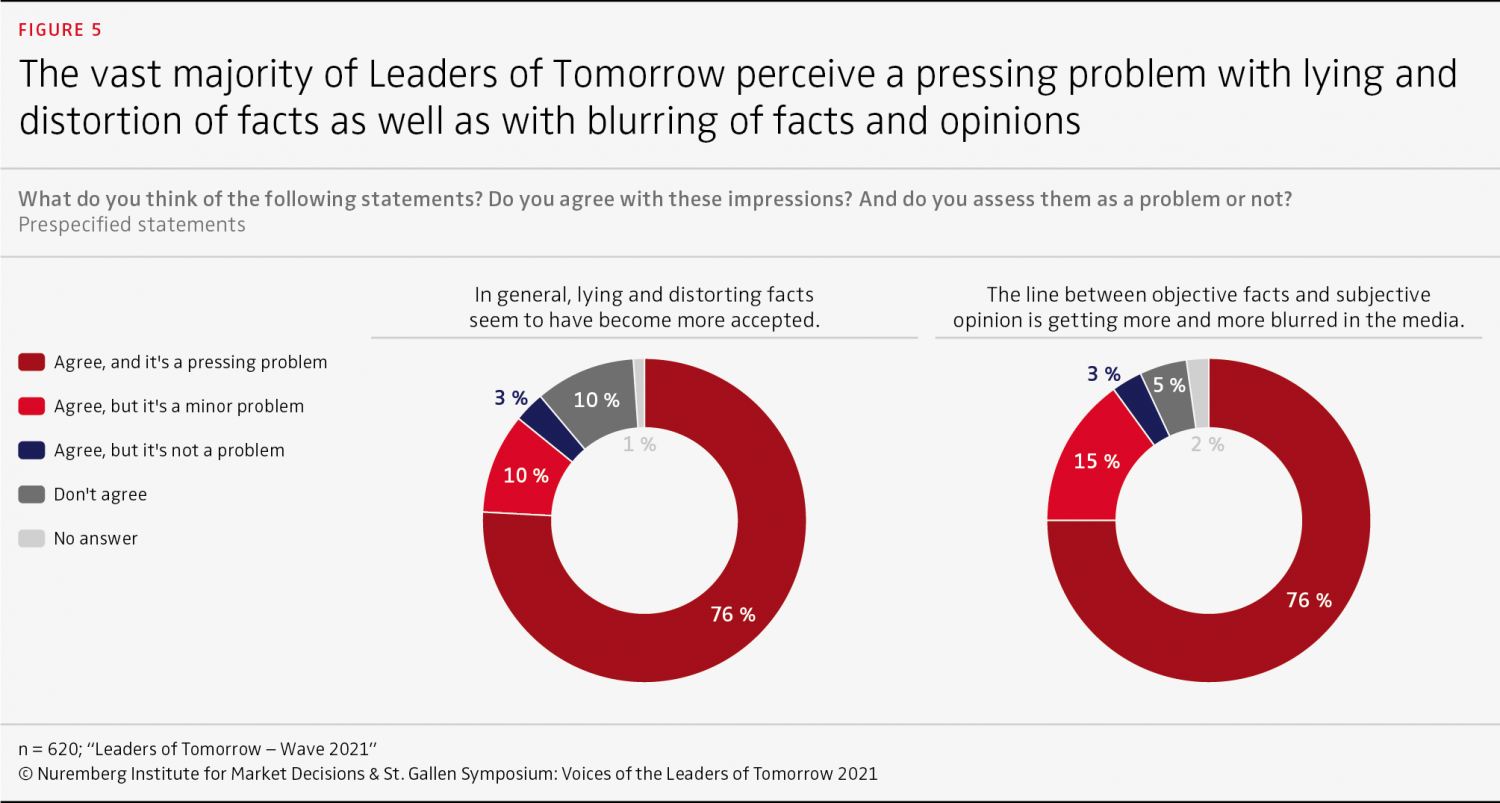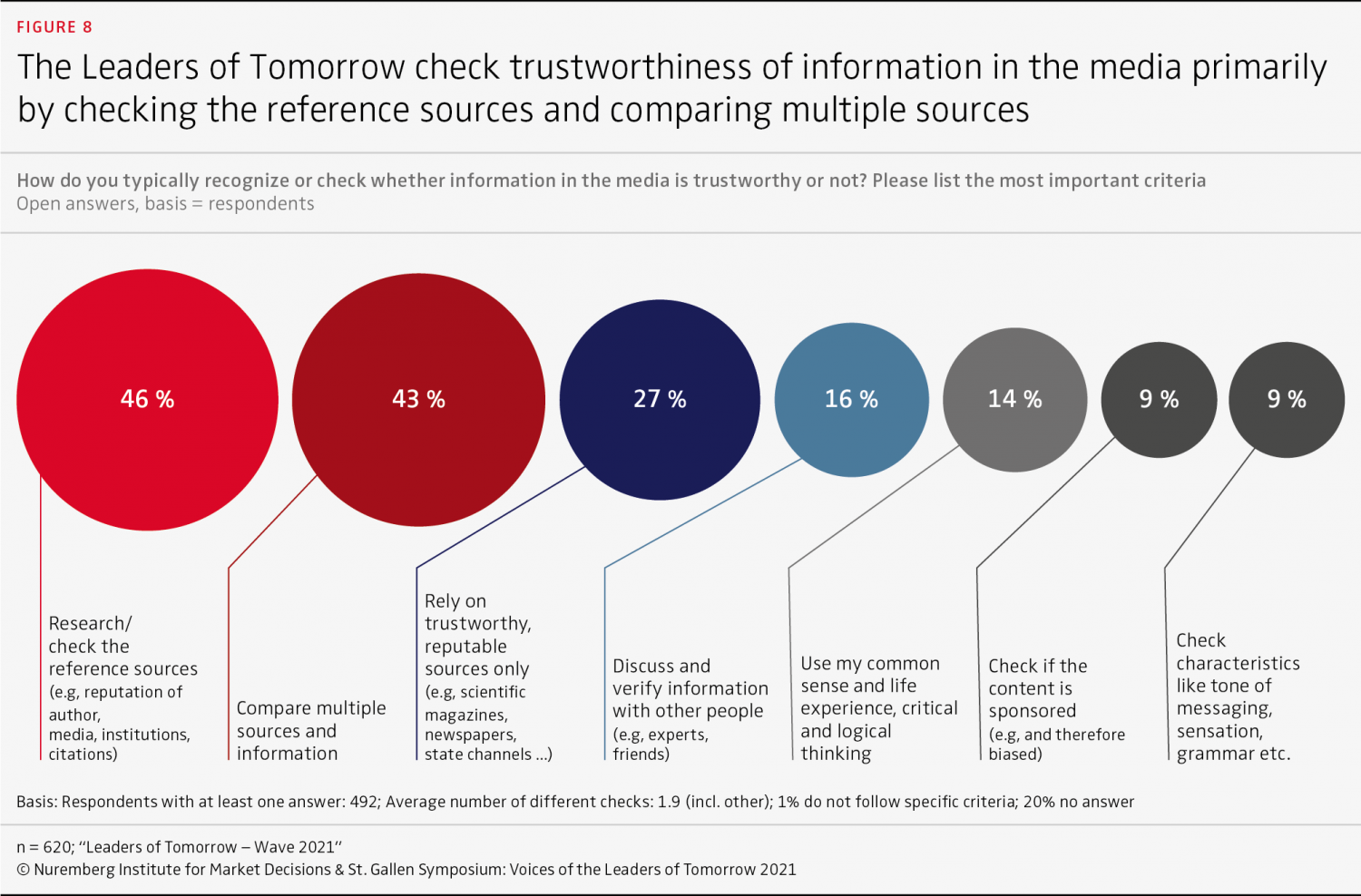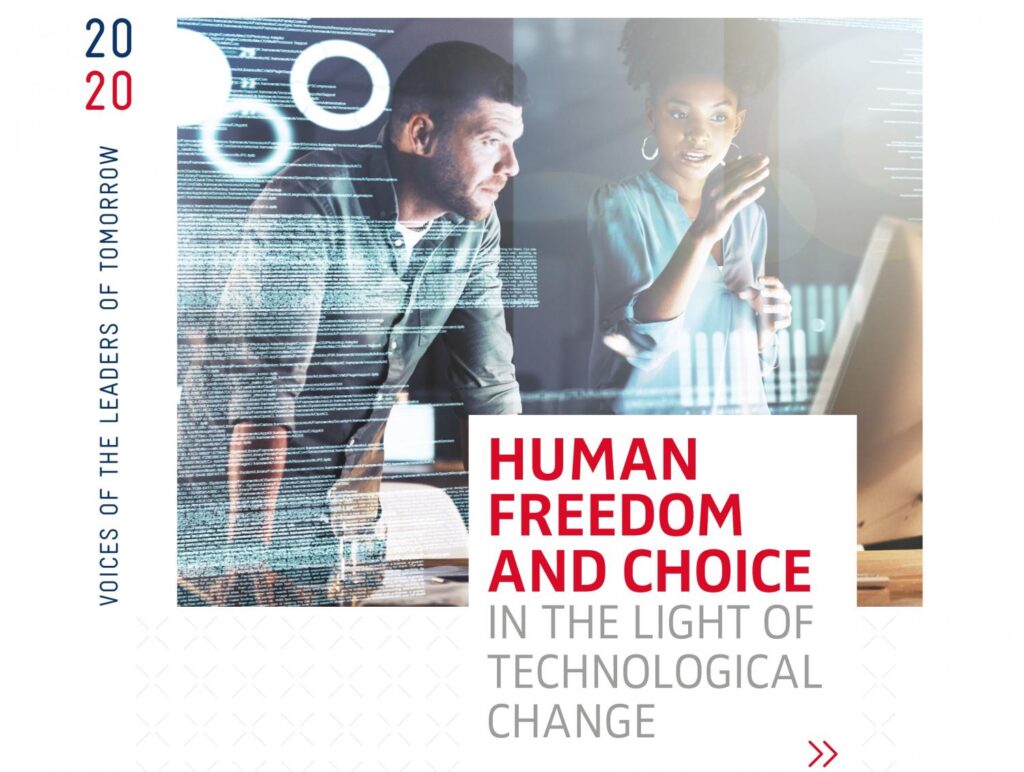10 Break-Out Sessions
India is undergoing its economic, technological and demographic transition simultaneously. An old country is becoming youthful and adventurous with the passage of time. Young Indians like OYO founder Ritesh Agarwal are quietly taking charge of Indian ethos by becoming icons of audacious aspirations and tangible proofs of its potential, spawning startups that are becoming most valuable and famous than many legacy companies. How can young revolutionaries find ways to carry the older generation of investors, regulators, workers and consumers with them and what can other economies and founders learn from India’s momentous transition?
For over 50 years teams of student have volunteered to organise the St. Gallen Symposium. They have written countless invitations, met thousands of partners, and welcomed some of the most important personalities of their time on stage. Together with former members of the ISC we will reflect on the St. Gallen Symposium experience of cross-generational dialogue and collaboration, the lessons they have learned for their lives and on how the symposium has evolved. This session is organised together with ISC Alumni.
As the need for innovation is growing, the routinisation of well-structured creative processes within organizations is key for concurrent value creation. Prof. Susan Goldsworthy of IMD, this year's St. Gallen Symposium artist Javiera Estrada and Light Artist Gerry Hofstetter will discuss the role of collaboration in the creative process. Together, and in conversation with the audience, they’ll explore the way collaboration can drive creativity in various organisational contexts, and, on the other hand, the role of introversion and lone contemplation in creating something new.
Many employee volunteering and giving programs are presented as an employee perk, similar to casual Fridays or a team-building event. But treating workplace giving and volunteering this way fails to fully capitalise on the great potential of such programs: to foster employee personal growth, and address key societal challenges. The panel will particularly explore the potential of skills-based volunteering, its benefits, and the unique challenges that arise when moving from merely transactional volunteering to something far more transformative.
The investment landscape over the next twenty years will be radically different from previous generations. While there appears to be greater access to capital, there also appears to be much more volatility and debt with no clear dominant financing mechanism. Entrepreneurs, VC, Private Equity, and banks will have to find new ways to work together to create growth and stimulate innovation. How can investors and entrepreneurs better collaborate and find mutually beneficial agreements that balance risk and return?
The fashion industry accounts for 10% of humanity’s annual carbon emissions – more than all international flights and maritime shipping combined. For long, the fashion and luxury watchmaking industry drove, together with the fashion media industry, unsustainable dynamics in the sector: generating more and more demand through an artificial cycle of new collections and seasonal trends. Businesses’ marketing, media as well as influencers thereby create a constant longing and demand for their products. How can designers, fashion houses and publishers exit this vicious cycle and, collaboratively, drive the transition towards more sustainable and ethical fashion and luxury watchmaking?
Media diversity, freedom of the press and freedom of expression in Europe are currently under threat. Journalists and independent media companies are increasingly joining forces across borders to respond to such challenges as well as to be able to continue to offer independent quality journalism in the future. This session will identify learnings from new media partnerships such as the Leading European Newspaper Alliance (LENA) and the Organised Crime and Corruption Reporting Project (OCCRP) to identify how media can most effectively work together.
Technology, innovation, and entrepreneurship are key drivers of the modern economy and social mobility. Given their importance, we should strive to improve accessibility to tech, education and entrepreneurship across all backgrounds. Creating open and inclusive communities, especially with tech is important to accomplishing this goal, but it is easier said that done. Simultaneously, a third iteration of the internet – Web3 – has the potential to radically transform the internet of things and reduce barriers to access. How can these forces be effectively harnessed and directed for the benefit of all people and move the world forward?
Over the past decades, the tech sector, especially the internet of things, has become a central component of modern economies. Trying to catch up with the exponential pace of technological development, the US, China, and Europe are crafting rules of the game on digital markets. What are the emerging characteristic differences between regulatory regimes of digital markets, in the US, Europe and beyond, and how do they balance innovation and regulation? In light of strategic competition over tech dominance between the US and China, what are the opportunities and challenges for Europe in particular?
The Covid-19 pandemic has changed the world of work forever. The fast and widespread adoption of remote work and an ever-increasing concern of employees with purpose and meaning on their job have intensified the war for talents. Reaching out to and concurrently engaging employees is key for businesses across sectors and regions. What learnings can be drawn from the pandemic as regards our approach to work? Has the world of work changed for the better? And what role does leadership culture and a new approach to hiring play going forward?
-
A Demographic Revolution: Young India Takes Charge (with All India Management Association)9:00 am - 10:00 am
-
Collaborative Advantage Across Generations: Reflecting on the SGS Experience (ISC Alumni)9:00 am - 10:00 am
-
Collective Genius? Cultivating Creativity in the Arts and Beyond9:00 am - 10:00 am
-
Connecting Business with Purpose: The Potential of Skills-Based Volunteering9:00 am - 10:00 am
-
Financing the Next Generation of Entrepreneurs10:00 am - 11:00 am
-
Hacking the Fashion & Luxury Watchmaking Industry towards more Sustainability (with Condé Nast College)10:00 am - 11:00 am
-
M100 Sanssouci Colloquium@St. Gallen: Media’s New Power: More Impact Through Collaborative Journalism10:00 am - 11:00 am
-
Democratizing Access to the next Generation of Technology and Innovation: Communities and Radical Transformation10:00 am - 11:00 am
-
Varieties of Tech Capitalism: Europe's Approach to Innovation and Regulation in a Global Context11:00 am - 12:00 pm
-
Changed for Good? Engaging with the New World of Work11:00 am - 12:00 pm








